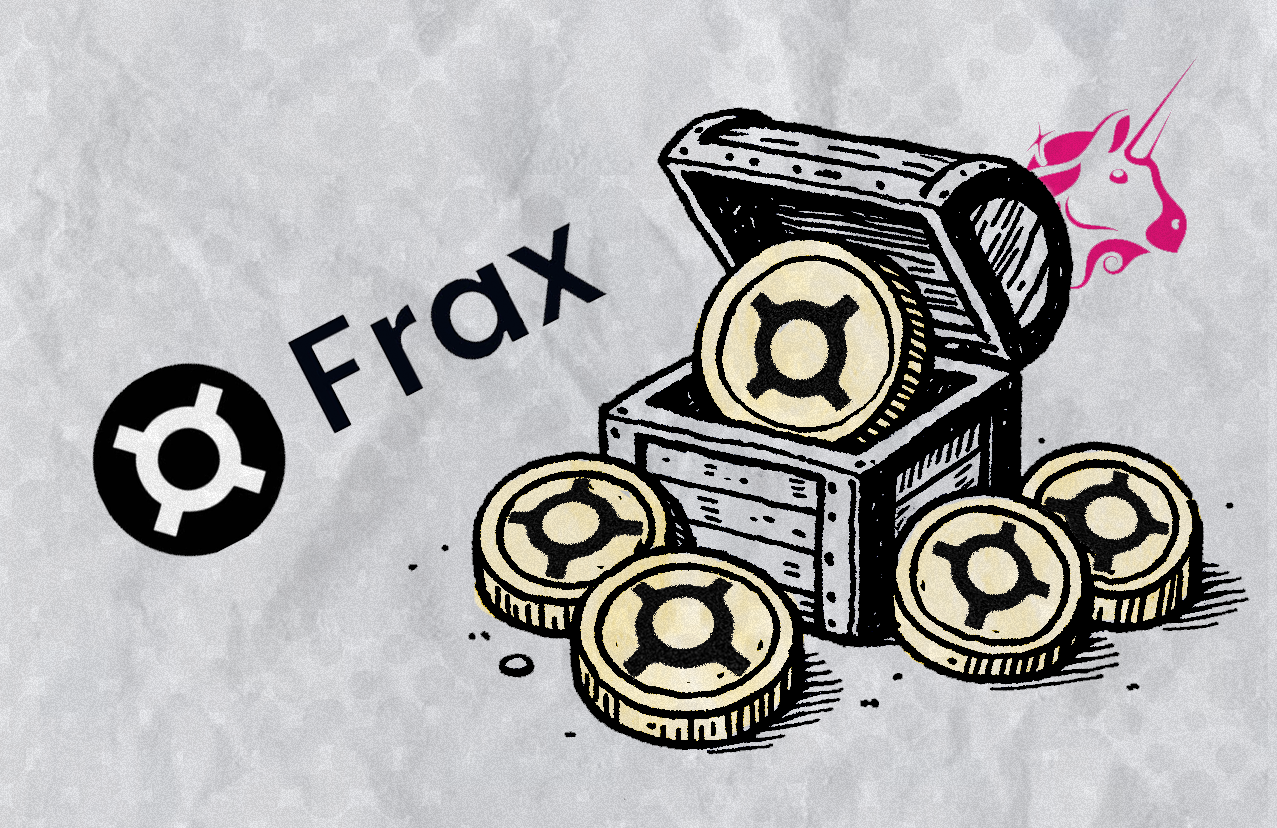
Sam Kazemian, the CEO and founder of Frax Finance, has just announced a new proposal that would involve distributing a part of the protocol's revenues among stakers of veFXS tokens. This initiative is inspired by a similar strategy recently adopted by Uniswap, which led to a 70% increase in its token value and had a positive ripple effect across the decentralized finance (DeFi) sector.
Frax is proposing to reintroduce a revenue-sharing model for stakers of its veFXS tokens, revisiting a strategy canceled in 2022 following a community decision. The veFXS tokens are non-tradable and are obtained by locking the native FXS token of the Frax protocol. Locking FXS grants voting rights and governance power within the ecosystem. The proposed change, outlined in a plan expected to be published within the next 10 days, involves sharing a portion of the protocol's revenue with veFXS holders. This move aims to incentivize long-term commitment and participation within the Frax ecosystem.
These tokens retain their governance and utility rights and can be staked on Ethereum's mainnet and Frax Finance's layer 2 platform, Fraxtal.
Ahead of the formal proposal, Frax Finance gauged community interest via X last week and received favorable responses from notable market participants, indicating a strong community interest in revisiting revenue sharing. FXS recorded a slight bump in value following the X post on Friday and Kazemian's comments on the proposal, according to CoinGecko data.
Should veFXS holders vote to distribute Frax Protocol revenue back to veFXS stakers again? Frax Finance makes 8 figures of annual revenue & growing, mostly being conserved in the treasury now. Time to turn it back on? 👀 https://t.co/3Yd9oDV98A
— Frax Finance ¤⛓️¤ (@fraxfinance) February 23, 2024
In an interview with CoinDesk, Kazemian said that the proposal is a community-driven decision, emphasizing the importance of staking and delegation within the blockchain ecosystem. Staking serves as a means to secure cryptocurrencies, supporting the network's operations in exchange for rewards, similar to earning interest, Kazemian said. Delegation, on the other hand, allows token holders to transfer their voting rights to trusted entities within the decentralized autonomous organization framework, reinforcing the governance model.
The discussion around Frax's proposal has been boosted by the success of Uniswap's move, which aims to incentivize more "engaged and thoughtful" governance within the protocol. The proposal is part of a broader strategy to enhance decentralized governance and protocol success, with a snapshot and on-chain vote scheduled to solidify the community's stance in early March.
 Observing moneytech and cryptoSasha Markevich
Observing moneytech and cryptoSasha Markevich

